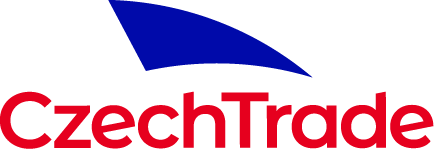 Czech Republic
Czech Republic
Czechia Has Weaned Itself Off Russian Oil and Gas, Insists Energy Security Envoy
Of the former communist states in Central Europe, Czechia has arguably gone furthest in its efforts to cut its historical dependence on Russian oil and gas pipelines.
The Czech Republic is already essentially free from its former dependence on Russian oil and natural gas, with gas imports by pipeline having ended from the start of January and oil imports by pipeline finishing this summer, according to Vaclav Bartuska, the country’s special envoy for energy security.
In an interview with BIRN, Bartuska – who will reportedly step down this summer as Czechia’s ambassador-at-large on energy after 19 years in the job – also says new US President Donald Trump will put even more pressure on Europe to cut Russian gas imports, rather than relax sanctions on Moscow as some fear.
Of the landlocked former communist states in Central Europe that are now part of the EU, Czechia has arguably gone furthest in its efforts to cut its historical dependence on Russian oil and gas pipelines. It is also trying to minimise its reliance on Russian nuclear fuels by using French and American alternatives.
For gas, these efforts began way back in 1997 with a contract to buy Norwegian gas, imported via Germany, and continued more recently with a contract to buy Algerian gas, which is imported via Italy. The Norwegian contract, which had been allowed to lapse, is currently being renegotiated, while the Algerian one, which covers 2 per cent of Czech consumption, can be very quickly ramped up to cover 20 per cent of consumption, Bartuska says.
After the Russian invasion of Ukraine, Czechia rented liquefied natural gas (LNG) terminal capacity in Rotterdam in June 2022. The government also bought German energy group RWE’s stake in the Damborice gas storage facility, making doubly sure that Czechia meets the EU requirement of having 90 per cent of gas consumption in storage before the winter.
From 90 per cent dependence on Russian pipeline gas, this fell to “basically zero” at the end of 2022, he says, though Russian gas has sometimes represented a large majority of imports when it is very cheap, creating unwelcome publicity for the government.
On oil too, Czechia would also appear to be in an advantageous position compared to its neighbours, particularly following the expansion of the capacity of the TAL pipeline, which runs from Trieste to Germany (with oil then coming via the IKL pipeline to Czechia).
Oil flows via the Friendship (Druzhba) pipeline from Russia will no longer be needed after the TAL expansion becomes fully operational from this summer, doubling capacity to 8 million tonnes of crude, covering Czech consumption.
Delivered by CzechTrade Canada,
Source: Balkan Investigative Reporting Network (Balkan Insight).


